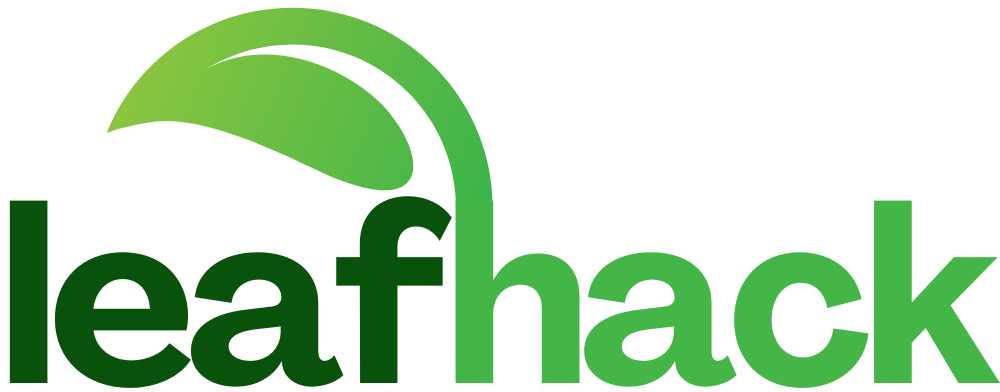Finding Affordable Clothing Options: Resources and Considerations
- Tiffany Dixon
- Jul 24
- 4 min read
Navigating life after involvement in the justice system can be challenging, especially when it comes to finding affordable clothing. Many individuals face tight budgets that make purchasing clothes a significant source of stress. In this blog post, we will explore various clothing options for justice-involved individuals, highlighting valuable resources, important considerations when seeking clothing, and motivation for those in need.
Understanding the Need for Affordable Clothing

For those transitioning from the justice system, clothing is not just about personal style; it's often a fundamental need. Many find themselves with limited financial resources. For instance, according to a report by the Bureau of Justice Statistics, around 68% of individuals released from state prisons return home to conditions that lack stable housing, making it even harder to afford basics like clothing.
Affording clothing should not be a barrier to reintegrating into society. It should serve as a way to express identity and rebuild self-esteem. By tapping into available resources, individuals can find clothing that satisfies their needs without placing undue financial strain on their lives.
Special Considerations When Looking for Clothing Resources
When searching for clothing, keep the following considerations in mind:
Size and Fit: Many thrift stores and organizations have varying stock levels in terms of sizes. Knowing your measurements can help you find suitable items more quickly. For example, if you are a medium size in one brand, you might want to check a variety of places to see what they offer.
Weather and Climate: Depending on where you live, seasonal clothing is vital. For instance, if winter temperatures can drop below freezing, having a warm coat might be necessary. Aim to collect items appropriate for your local climate to ensure comfort throughout the year.
Specific Needs: Identify personal requirements, such as professional clothing for job interviews or clothing suited for school. Organizations like Dress for Success specifically offer women’s professional attire, which can dramatically increase chances of landing a job.
Transportation: Consider how you will access clothing resources. If you lack a vehicle, look for nearby options or those accessible by public transport. This can ease the process of collecting needed items.
Community Support: Engaging with local community centers, churches, or nonprofits can provide additional clothing resources. Building relationships with individuals who have successfully navigated this process can offer invaluable insights and tips.
Local Resources for Low-Cost or Free Clothing

Many resources exist to assist individuals in finding affordable clothing:
Thrift Stores: Organizations like Goodwill and Salvation Army offer second-hand clothing at minimal prices. In many locations, they also run programs that provide garments free of charge for those in need.
Clothing Swaps: Some neighborhoods and communities organize clothing swap events. Here, individuals can trade items they no longer wear for different pieces, making it a cost-effective way to refresh a wardrobe. For example, a local community event might allow participants to exchange five items for five items in return.
Nonprofit Organizations: Seek local nonprofits focused on assisting justice-involved individuals. Organizations like Operation New Hope offer support programs, including clothing assistance, specifically for those reintegrating into the community.
Community Events: Many local governments or nonprofits hold events where individuals can receive free clothing. Keeping track of announcements at community centers or local bulletin boards can provide updates on these helpful events.
Online Platforms: Websites like Freecycle or Facebook’s Buy Nothing groups allow people to give away clothing. Joining these groups can help connect you with individuals in your area looking to donate gently used clothing.
Additional Supports and Programs
Beyond clothing resources, consider accessing these additional supports:
Employment Programs: Look for job training programs that offer resources for interviews, such as appropriate clothing. Being well-dressed can increase confidence; studies show that individuals who dress well for interviews have a 28% higher success rate in securing job offers.
Counseling and Mentorship: Seeking guidance from mentors or support groups can provide emotional support and practical advice on finding clothing and other essentials.
Financial Assistance Programs: Some organizations offer grants or vouchers specifically for purchasing clothing. Investigate local government services or nonprofits with financial assistance programs in your area to help alleviate clothing costs.
Encouragement and Hope
Transitioning from justice involvement to becoming a part of society can feel overwhelming. However, remember that support is available, and seeking help is an important step. Finding affordable clothing is just one of many steps toward building a fulfilling life.
Each small step you take counts. By exploring resources, you demonstrate your commitment to change and growth. Remember, no situation is permanent. With persistence, it is possible to find the help and resources you need to move forward.
Moving Forward
Affordable clothing options are available through various resources and organizations. Special considerations, such as individual needs and transportation, can guide your search for suitable apparel.
Building a support network and utilizing community resources is crucial for easing the transition back into society. It's important to remember that asking for help is perfectly okay; many organizations and individuals are ready to support you. Every step taken towards finding clothing you need is a testament to your resilience and determination.
On your journey, stay encouraged; the right support is out there, ready for you to take advantage of it.



